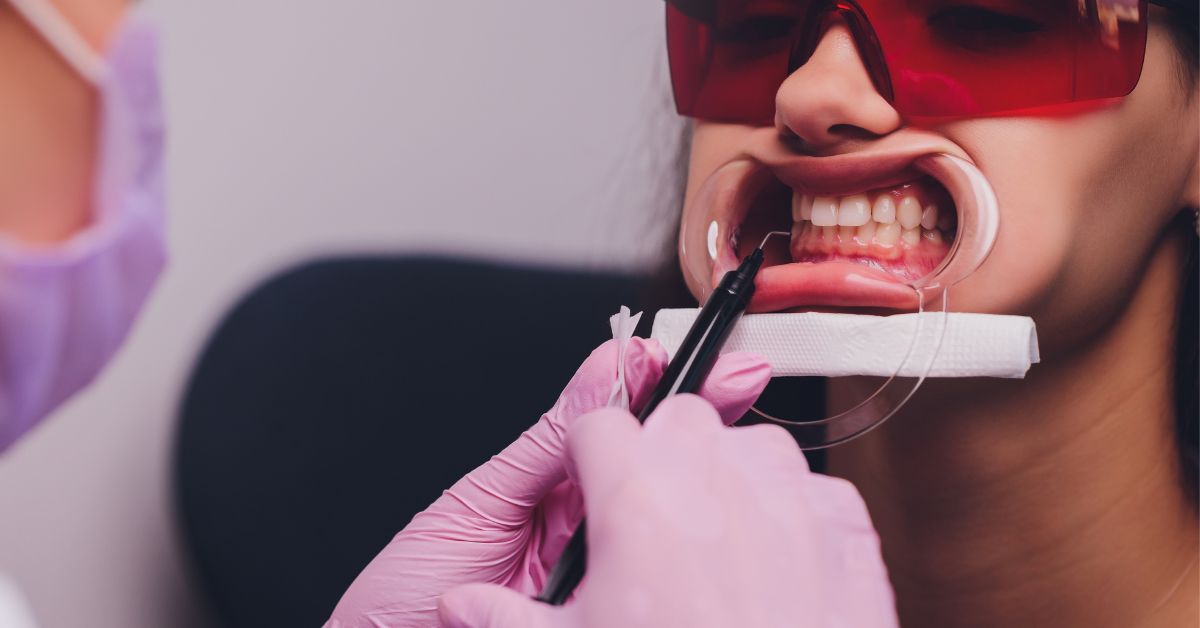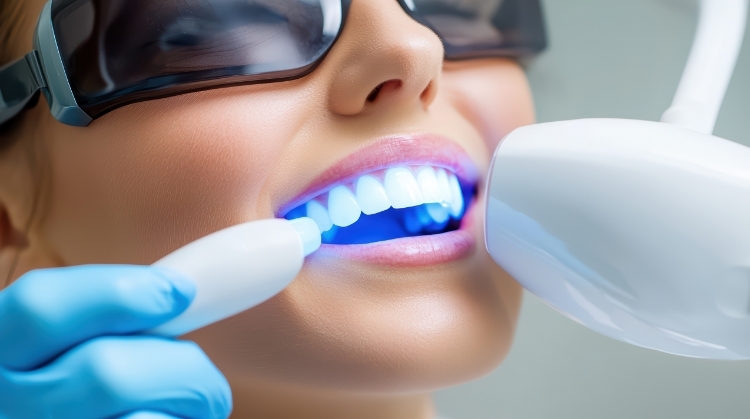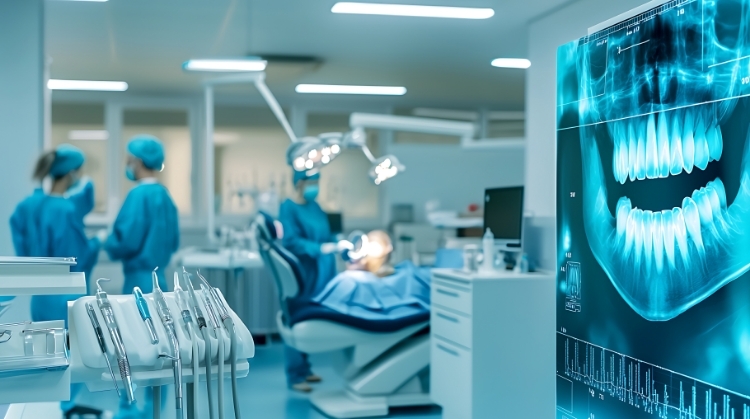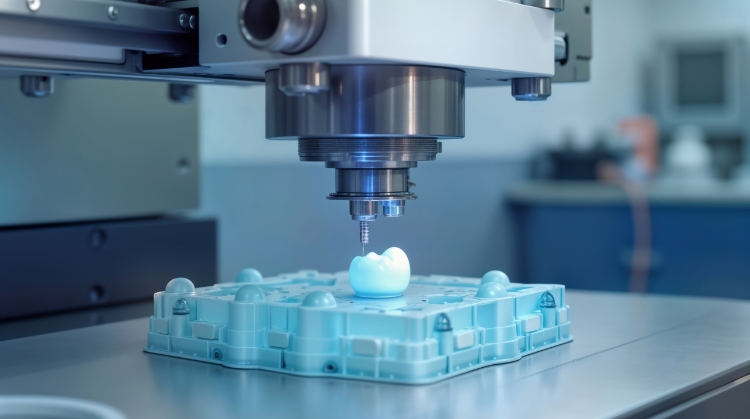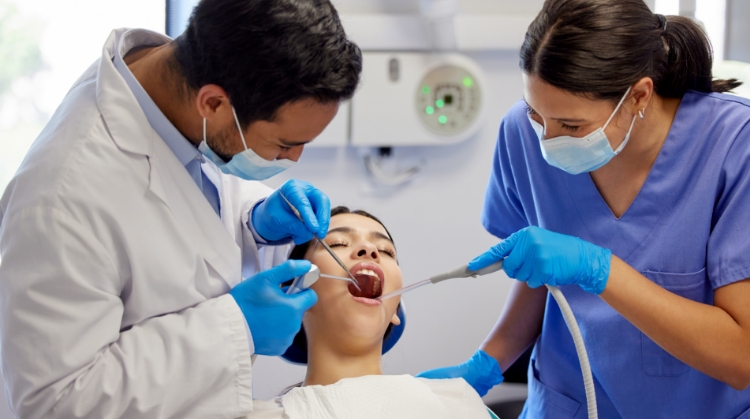A bright, confident smile can transform how you feel about yourself, and finding the best teeth whitening method can enhance how others perceive you. If you’ve been dreaming of whiter teeth but feel overwhelmed by the countless whitening options available today, you’re not alone. From drugstore strips to professional treatments, the choices can seem endless and confusing.
At Love Dentistry in Bellingham, WA, we’ve helped hundreds of patients achieve their ideal smile, and we understand that what works beautifully for one person might not be the right fit for another. Your teeth are as unique as your fingerprint, which means your whitening journey should be equally personalized.
Understanding What Causes Tooth Discoloration
Before exploring whitening solutions, it’s crucial to understand why teeth lose their brightness in the first place. Your enamel is naturally porous, allowing it to absorb pigments from foods and beverages over time. Coffee, red wine, tea, and dark berries are common culprits, but discoloration can also result from smoking, certain medications, aging, or even genetics.
The type of staining you have significantly affects your choice of whitening method. Surface stains respond well to most treatments, while deeper intrinsic discoloration requires more intensive approaches. This is precisely why a one-size-fits-all solution doesn’t exist in teeth whitening.
Discovering the Best Teeth Whitening Method for You
The truth is, the best teeth whitening method depends entirely on your individual needs, budget, timeline, and the current condition of your teeth. Let’s break down your options so you can make an informed decision that delivers real results.
Professional In-Office Whitening
Professional whitening treatments performed at our Bellingham, WA office represent the gold standard for achieving fast and dramatic results. Using concentrated whitening agents that aren’t available over the counter, combined with advanced light or heat activation, we can lighten your teeth by several shades in just one appointment lasting about 60 to 90 minutes.
The advantages here are substantial. You’re under professional supervision, which means your gums and soft tissues are carefully protected throughout the process. The results are immediate and noticeable, making this ideal for those with an important event coming up, such as a wedding, job interview, or reunion. Additionally, we can address any sensitivity issues promptly and tailor the treatment intensity to your comfort level.
Custom Take-Home Whitening Trays
If you prefer whitening at your own pace while still benefiting from professional-grade results, custom take-home trays offer an excellent middle ground. At Love Dentistry, we create perfectly fitted trays explicitly molded to your teeth, along with professional-strength whitening gel that’s significantly more effective than store-bought alternatives.
You’ll wear these trays for a specified time each day, typically for one to two weeks, depending on your desired results. The custom fit ensures the gel stays exactly where it should, preventing irritation to your gums while maximizing contact with your tooth enamel. This method gives you control over your whitening schedule and tends to produce longer-lasting results because the process is more gradual and thorough. Prepping with a sensitive toothpaste is important to prevent sensitivity.
Over-the-Counter Options
Whitening strips, toothpastes, and LED kits are widely available and budget-friendly at your local drugstore, but it’s essential to have realistic expectations. These products contain much lower concentrations of active ingredients, which means they work more slowly and produce less dramatic results.
Whitening toothpastes can help remove surface stains through gentle abrasives, but won’t change your teeth’s natural color. Strips can lighten teeth by one or two shades over several weeks, although uneven application often results in patchy coverage. While these options work for minor touch-ups or maintenance after professional whitening, they’re rarely sufficient for significant discoloration.
Ready to see dramatic results fast? Schedule your professional whitening consultation at Love Dentistry today and discover what your smile can truly look like.
Important Considerations Before Whitening
Not everyone is an ideal candidate for teeth whitening, which is why a professional consultation is crucial. Whitening treatments don’t work on crowns, veneers, or fillings, so if you have visible restorations on your front teeth, they’ll need to be replaced after whitening to match your new shade. Pregnant or nursing women should postpone whitening treatments, and individuals with severe tooth sensitivity or gum disease need to address these issues first.
Existing dental problems, such as cavities or exposed roots, can cause significant discomfort during whitening and may worsen without proper treatment beforehand. This is precisely why we always conduct a thorough examination before recommending any whitening approach.
Maximizing and Maintaining Your Results
Achieving a brighter smile is only half the battle; keeping it bright requires some thoughtful habits. After any whitening treatment, your teeth are temporarily more porous, making them especially vulnerable to staining for the first 48 hours. During this critical period, avoid dark-colored foods and beverages entirely.
For long-term maintenance, consider using a straw when drinking coffee, tea, or wine to minimize contact with your front teeth. Rinsing your mouth with water after consuming staining foods helps significantly, and maintaining excellent oral hygiene through regular brushing and flossing prevents new stains from forming. Regular touch-up treatments, every six to twelve months, can help keep your smile looking fresh and bright for years to come.
Why Love Dentistry
Choosing where to brighten your smile is just as important as choosing the correct method. At Love Dentistry in Bellingham, WA, we combine cutting-edge whitening technology with genuine care for your comfort and satisfaction. Our team takes time to understand your specific goals and concerns, creating a customized treatment plan that fits your lifestyle and budget.
We don’t believe in pushing unnecessary treatments or making unrealistic promises. Instead, we provide honest assessments about what’s achievable for your unique situation and guide you toward the most effective solution. Our state-of-the-art facility and experienced dental professionals ensure you receive safe, effective treatments that deliver the results you’re hoping for without compromising your oral health.
Conclusion
The best teeth whitening method for your smile isn’t a universal answer—it’s the one that aligns with your specific needs, timeline, and dental health. Whether you choose the immediate impact of professional in-office whitening, the flexibility of custom take-home trays, or opt for over-the-counter options for maintenance, what matters most is making an informed decision with professional guidance.
Your smile is one of your most valuable assets, and investing in its brightness can boost your confidence in ways that extend far beyond its aesthetic value. At Love Dentistry, we’re committed to helping you achieve a smile you’re genuinely proud to share with the world.
Don’t wait another day to love your smile. Contact Love Dentistry in Bellingham, WA, now to explore your personalized teeth whitening options and start your journey to a brighter, more confident you.
Frequently Asked Questions
- How long do teeth whitening results typically last?
Professional whitening results generally last between six months and two years, depending on your habits and lifestyle. People who avoid staining foods and beverages and maintain excellent oral hygiene tend to enjoy longer-lasting results.
- Will teeth whitening damage my enamel?
When performed correctly using professional products, teeth whitening is safe and doesn’t damage enamel. Over-the-counter products or excessive whitening can sometimes cause temporary sensitivity, which is why professional supervision is valuable.
- Can teeth whitening fix all types of discoloration?
Whitening works best on yellow or brown stains caused by food, beverages, and aging. Gray discoloration from certain medications or internal tooth issues may not respond as well to standard whitening treatments and may require alternative cosmetic solutions, such as veneers or crowns.
- Is tooth sensitivity after whitening normal?
Some temporary sensitivity is common after whitening treatments and typically subsides within a few days. Using desensitizing toothpaste before and after treatment can help minimize discomfort. If sensitivity persists, contact your dentist.
- How white can my teeth actually get?
Everyone’s natural tooth color is different, and whitening can only lighten your teeth to their maximum potential, typically several shades brighter than your current color. Your dentist can help you set realistic expectations by using a shade guide during your consultation.



